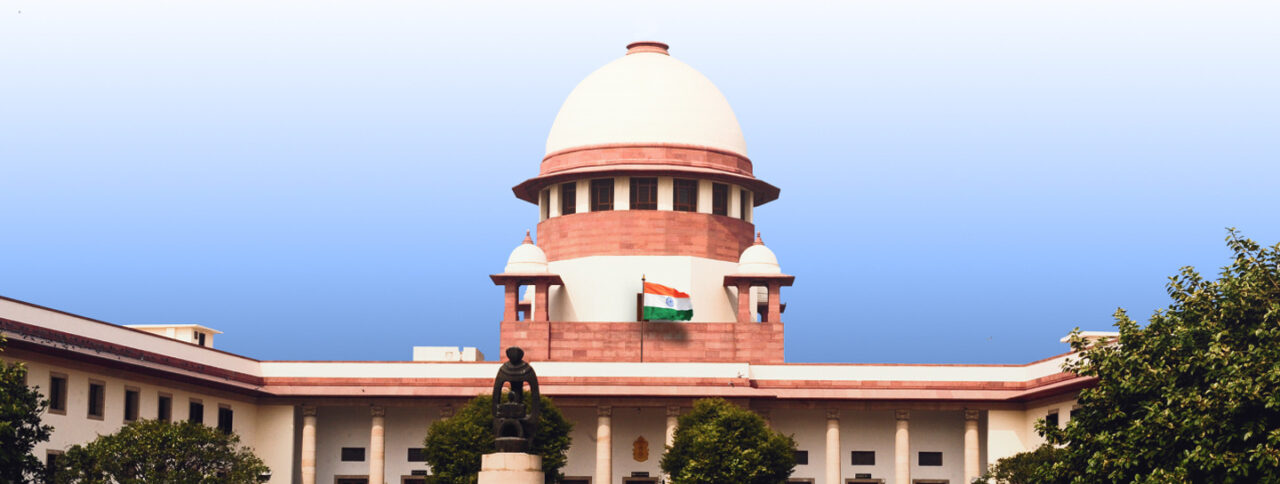Introduction
In a recent ruling, the Supreme Court of India highlighted the importance of elected State governments by warning about the danger of an encroachment of this power by Governors, particularly their power of veto over bills passed by State legislatures. The Court found that if a Governor is granted the power to indefinitely withhold assent from bills passed by the legislature, they could effectively destroy that elected government by placing that government’s power in the hands of an unelected constitutional functionary. This ruling arose out of hearings on a Presidential reference challenging the validity of the Supreme Court’s April 2025 ruling imposing timelines for Presidents and Governors to take action on legislative bills passed under Articles 200 and 201 of the Constitution.
Background
The controversy originated from a landmark April 2025 Supreme Court ruling in the State of Tamil Nadu v. Governor of Tamil Nadu case. The Court ruled against a Governor’s indefinite refusal to give assent to State legislature bills. The Bench ordered the Governor to make a decision within a reasonable timeframe. The Bench held that the Governor’s silence could not delay the democratic process. The Court held that Article 200 is agnostic to a Governor’s absolute or pocket veto and mandated timelines within which to make a decision, subjecting any inaction to judicial review. In addition, the President’s powers pursuant to Article 201 were also subject to judicial review and bound by a three-month decision period, with reasons to be recorded for any delays.
Key Points
The Supreme Court made it clear that a Governor’s authority in not completing a bill in state legislature is not absolute or indefinite, otherwise, the elected state government would be acting at the “whims and fancies of the Governor.”
The Governor has four options under Article 200 when presented with a bill: assent, withhold assent, reserve it for the President’s consideration, or return the bill to the legislature. However, withholding assent cannot be indefinite, or arbitrary.
The Governor cannot change the stance of withholding assent into a termination point without consulting with the legislature, as that would undermine both the legislative and executive functions of the state.
The Court pointed out that the Governor is to be given reasonable reasons for withholding assent and should be a clear enough statement to allow for effective judicial review.
The interpretation of constitutional powers should evolve in accordance with the functioning of the institutions, rather than from some frozen understanding of ideals that existed at the time of constitutional enactment.
The Court also considered the constitutional purpose conveyed by the words of the debates of the Constituent Assembly, which envisaged the Governor operating in cooperation with the elected government and not as an authority to act independently.
It was established that while Governors are delegates of the Union and not simple messengers; there must be constitutional boundaries around powers exercised by Governors for the purpose of avoiding delays or blockage of legislation.
The Presidential reference posed concerns about the Supreme Court’s ability to impose limits on timelines if the Constitution does not do so and whether limits applied by Courts of judicially imposed timelines amount to impinging discretion bestowed on Uncle and Governors under the Constitution.
The Attorney General maintained that the courts may not reinterpret constitutional power and that any new interpretation of powers amounted to an abuse of discretion, while the Court stated that the discretionary power of constitutional functionaries is subject to the examination of a Court to place limits to avoid unrestrained dominance of where democratic governance is achievable or resolve competing priorities of such governance separation in the enjoyment of liberty by the people.
Recent Developments
As the Constitution Bench headed by Chief Justice BR Gavai conducts the continuing hearing of the Presidential reference, the Court reiterated its key principles stated in the April 2025 ruling. The Court expressed concern about if Governors were given the unconstrained authority to grant their assent to the bill, they would ignore the constitutional mandate entrusted to the state government. The Court required that Governors must inform their decision making with reasons, which allows the judiciary to look into such decisions. The Court also emphasized that interpretation must respond to the current realities of governance in light of recent decisions reflecting how roles defined in the Constitution must evolve according to the circumstances.
Conclusion
The Supreme Court’s landmark ruling supports federalism and democracy by confirming that elected State governments should always have priority in the legislative process. By checking the possibility that a Governor’s unfettered veto would disrupt the legislative balance of constitutional bodies and democracy, the Supremes have a restored balance in the governance. The ruling also placed importance on the need for an expeditious means of reaching decisions related to legislation and to ensure that constitutional silence isn’t turned into a weapon of legislative paralysis. This emerging jurisprudence shows that the Court is reinforcing constitutional governance, a legal remedy to the arbitrary discretion of Governors or even the President, and signals an acknowledgement of the role of elected legislatures within the context of India’s democratic polity.
“PRIME LEGAL is a full-service law firm that has won a National Award and has more than 20 years of experience in an array of sectors and practice areas. Prime legal falls into the category of best law firm, best lawyer, best family lawyer, best divorce lawyer, best divorce law firm, best criminal lawyer, best criminal law firm, best consumer lawyer, best civil lawyer.”
WRITTEN BY __ Kondala Phani Priya


